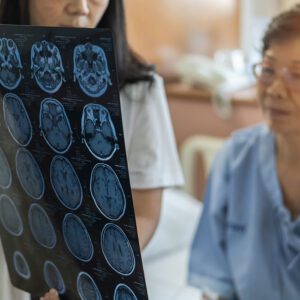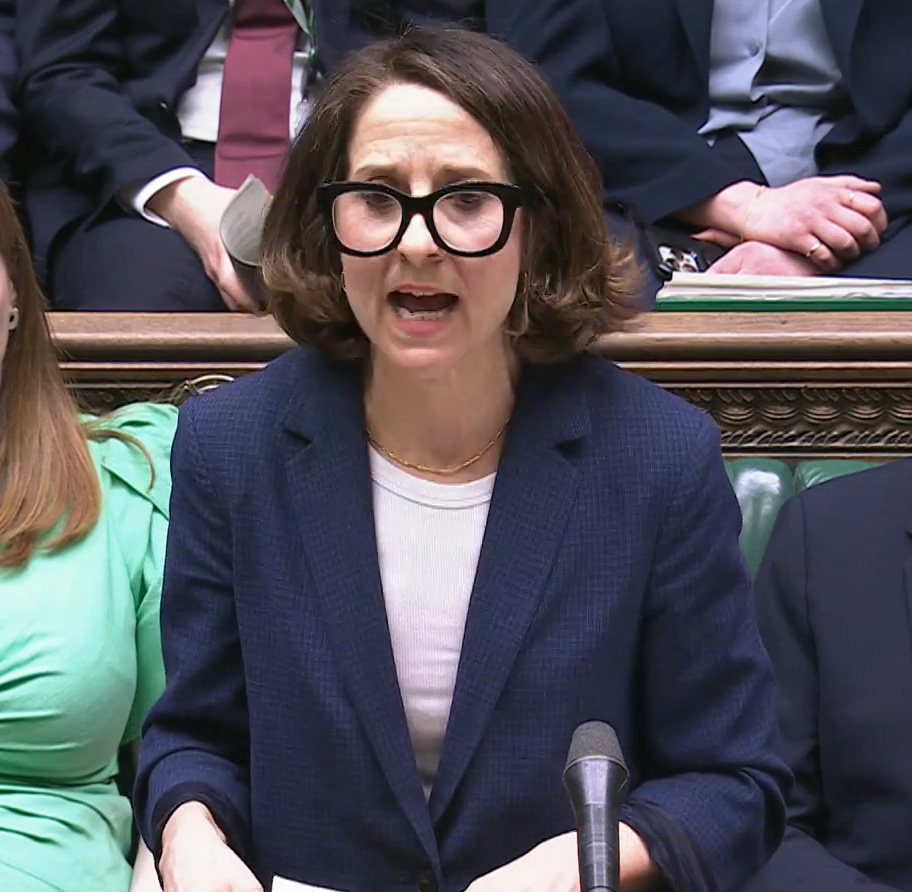
More than half of neurology and neurosurgery patients are waiting longer than 18 weeks to start treatment, according to the latest waiting time figures from the NHS.
A report from NHS England showed 54% of patients were waiting more than 18 weeks for neurology treatment.
While there are fewer patients waiting for neurosurgical services, 55% had been waiting for more than 18 weeks.
Across the NHS, around 6.3 million patients are waiting to start treatments. In total, 58% of patients are waiting longer than 18 weeks.
The referral to treatment data is reported on a monthly basis. The latest data comes from February 2024.
The NHS Constitution says “patients have the right to start non-emergency consultant-led treatment within 18 weeks of referral”, with a target to complete 92% of pathways within that period.
A recent paper published in Seizure found that access to neurosurgical procedures was delayed, particularly if a person’s initial visit was not at a tertiary epilepsy centre.
It added that “despite NICE guidance, visits to neurosurgery clinics remain uncommon and are seldom followed by surgical interventions”.
The paper studied 84,093 people with epilepsy from the period between January 2013 and December 2015.
It concluded that “although clinically recommended for suitable individuals, neurosurgical procedures in epilepsy remain uncommon even after consultation at a tertiary epilepsy centre”.
The research, which was supported by LivaNova, also found significant geographical variation in access to neurosurgery.
Similarly, a study by Epilepsy Action in February 2024 found that London had almost four times more neurologists per person with epilepsy than the north east of England.
Speaking about that report, Epilepsy Action director of health improvement and influencing, Alison Fuller said:
“Our calls to include neurology, and epilepsy especially, as a priority, given the unique challenges both staff and patients face, have not yet been listened to by policymakers. But we will continue to shine a light on the impact these shortages are having on both people with epilepsy and healthcare professionals until they are.”
More articles



